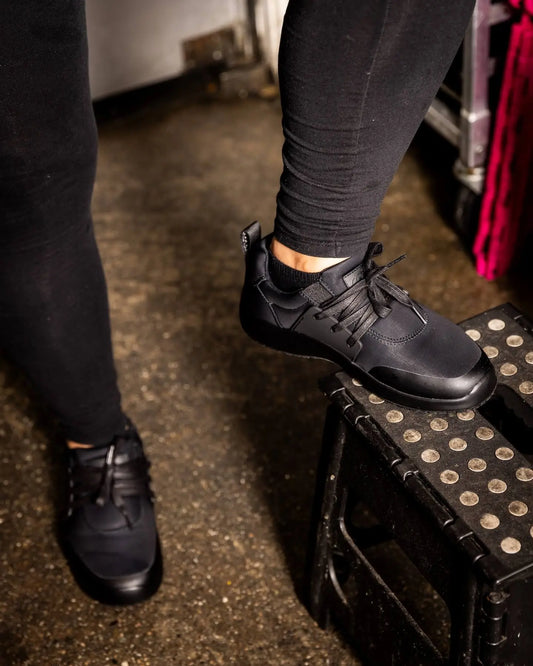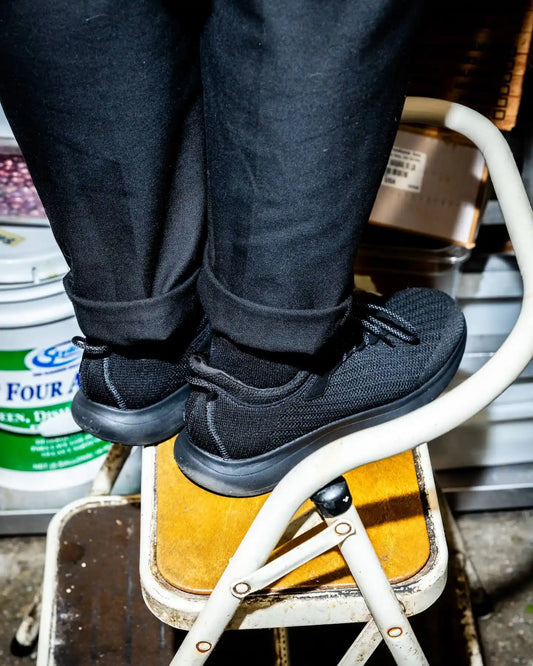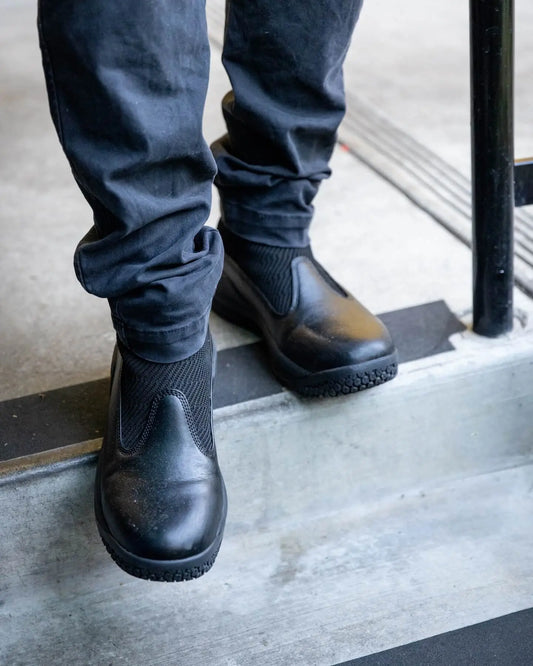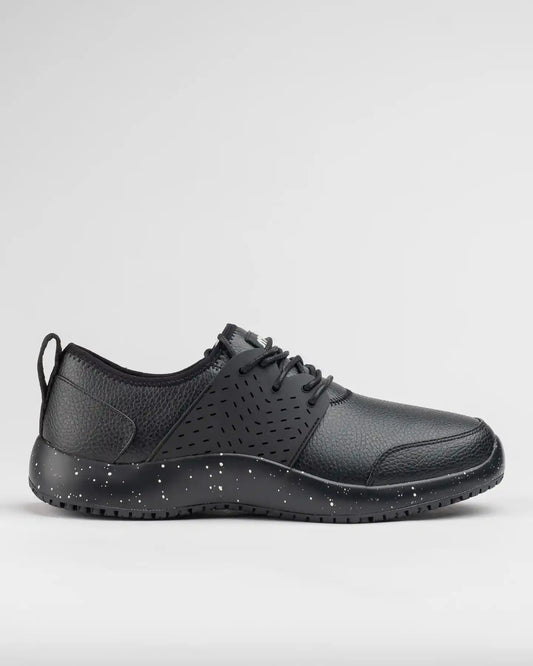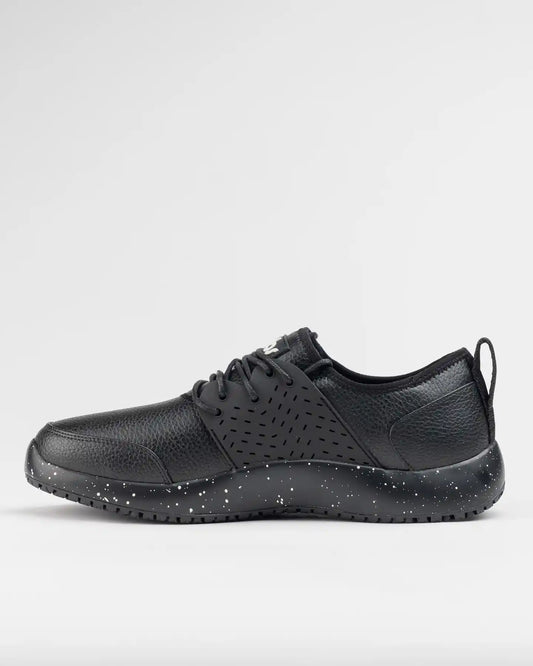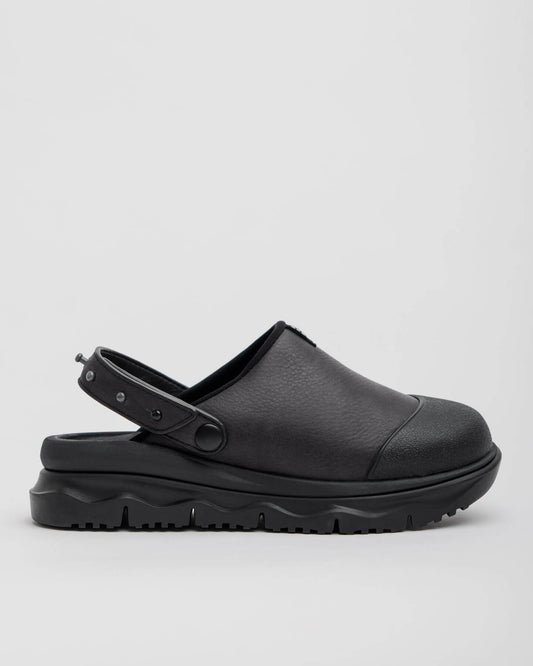Nurse Fatigue: Short on Sleep, Short on Safety
Snibbs Footwear
As a healthcare professional, shift work and lack of rest are par for the course. What it brings in its wake, however, are issues related to health and safety. Fatigue and lack of sleep can increase risk of accidents, errors in patient care besides a wide variety of health issues including but not limited to obesity, heart disease and more.
While OSHA describes a normal work shift as being 8 hours a day, 5 days a week, the fact remains that nurses frequently have 12 hour-long shifts besides working on night shifts and rotating shifts that play havoc with their concentration and health. In fact, the American Nurses Association has acknowledged nurse fatigue as a workplace hazard. The code of ethics for nurses goes on to state that nurses are accountable to the public at large, their employers but also to themselves.
The sleep related aspect of this includes ensuring:
- 7 to 9 hours of uninterrupted sleep
- Healthy nutrition, physical activity and stress management tools to improve health
- Making use of employee wellness programs
- Having proper meals
- Reporting any accidents or errors
- Rejecting work assignments that do not allow for adequate sleep
- Evaluating the commute involved before taking up the assignment
Nurses who particularly work night shifts need to ensure that:
- They eat healthy
- Have a consistent time when they sleep
- Do not drink alcohol before bedtime instead undertake some soothing activities such as meditation before bedtime
- Avoid eating right before bed
- Avoid exercise right before sleeping.
In fact, the Joint Commission has also offered some strategies to reduce risks that accrue on account of fatigue.
These healthcare best practices include:
- Review of staffing policy so that there is a proper distribution of shift and off-shift hours
- Staff involvement in designing work schedules
- Having a fatigue management plan in place that allows for naps, caffeine.
- Education and training on sleep hygiene
- Adequate facilities that allow for quality sleep during breaks
- Having an overall culture of safety in place
Also important is staff education and training related to fatigue management. When staff is educated about the need for enough sleep as well as aware about what can be a proper night time routine as also what are some of the food and drinks that impact sleep, it will empower them to make the right decisions. In fact, provision 5 of the ANA Code of Ethics for Nurses with Interpretive Statements states that nurses should provide the same care to themselves as they provide to patients. The training can therefore go a long way in ensuring nurses remain accountable to themselves.
A lot of this elusive rest will be made possible with employer engagement. The efforts to promote the well-being of nurses include:
- Offering predictable schedules and limiting consecutive night shifts
- Scheduled meal and rest breaks.
- Policies that allow nurses to say no to assignments without fear.
Good implementation of the above recommendations can go a long way in having rested nurses and to significantly reduce workplace fatigue.
In fact in 2017, the Healthy Nurse, Healthy Nation Grand Challenge was launched with an aim to support nurses and improve the nation’s health, thereby. It is about time, rest ceases to be an elusive entity on the schedule of nurses!
Besides ensuring adequate rest and sleep, improved quality of life will also accrue from other healthcare best practices such as wearing comfortable shoes to give the feet adequate support to withstand long hours, eating nutritious meals on time, and more.


